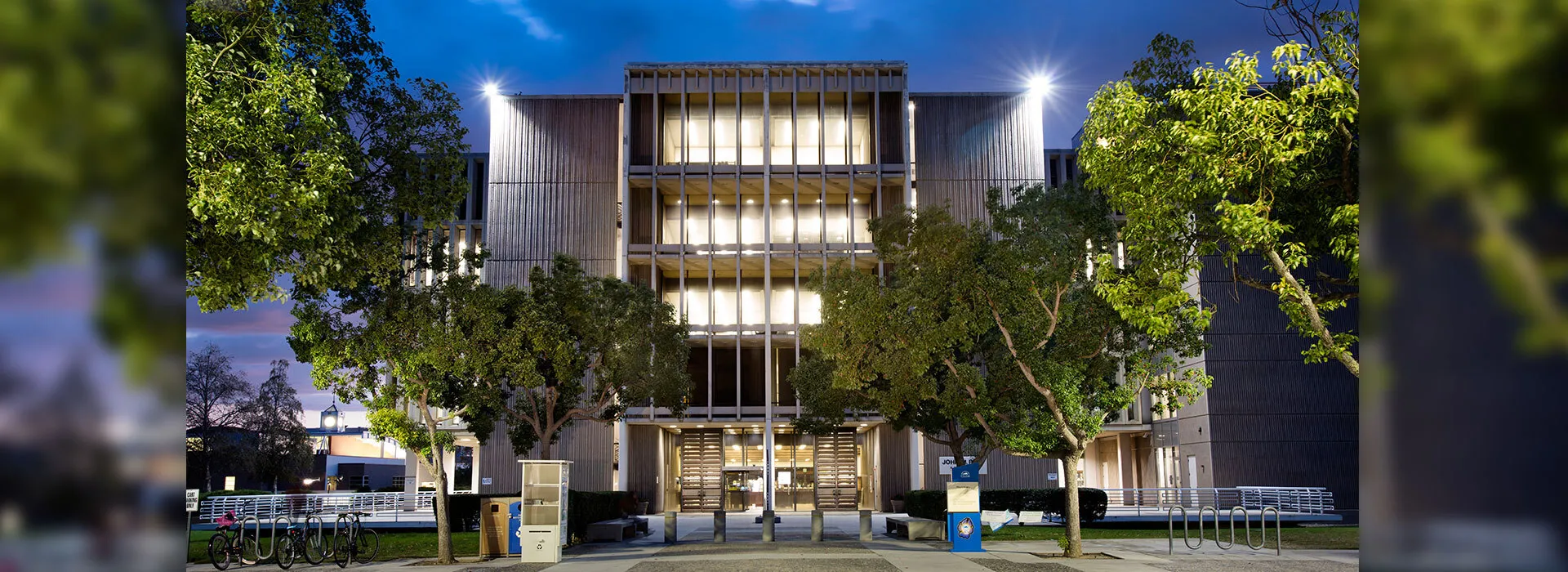
The 1977 defection by a pilot in China’s People’s Liberation Army Air Force and its effect on relations between mainland China and Taiwan will be re-examined at the next Modern China Lecture on Friday, April 22, at Cal State San Bernardino.
“‘Tearing Open the Gates of Hell:’ PLA Air Force Commander Fan Yuanyan’s Defection to Taiwan, 1977,” by Andrew Morris, a history professor from Cal Poly San Luis Obispo, will take place at noon in CSUSB’s John M. Pfau Library, room PL-4005.
The lecture is free and open to the public; parking is $6 at the university.
On July 7, 1977, Cmdr. Fan Yuanyan of the People’s Liberation Army Air Force flew his MiG-19 from Jinjiang, Fujian, in the communist People’s Republic of China to Tainan, Taiwan, which also was the 40th anniversary of the beginning of China’s war with Japan. The timing of this defection, which also came as U.S. President Jimmy Carter was moving decisively toward normalization of relations with the PRC, made Fan an anti-communist star in Taiwan and the U.S.
Fan spoke for years afterward on behalf of the “800 million mainland compatriots” who he felt wanted the Taiwan-based Republic of China to retake the mainland, even as he also became more and more critical of the excesses of capitalism and liberalism in Taiwan.
Morris will talk about the Taiwan-based Chinese Nationalist Party’s propaganda use of Fan and how it was related to ways in which communist and nationalist ideologies about militaristic and anti-bourgeois values overlapped directly. Fan thus represented the interesting ways in which nationalist and communist ideologies and societies were mutually constitutive and constructed with the other clearly in mind during the Cold War.
Morris will also examine how Fan also represents a changing understanding of the role of these famed defectors, and the ways that Taiwanese people saw their mainland “compatriots” as Taiwan society was beginning to democratize and liberalize.
A member of the history faculty at Cal Poly San Luis Obispo, Morris is an expert in East Asia and modern Chinese and Taiwanese history, especially in sports and popular culture, nationalism, colonialism and transnational cultural flows. He twice has been a visiting scholar at the Institute of Taiwan History, Academia Sinica, in Taipei, Taiwan, in 2004 and 2007.
Among his published works are “Japanese Taiwan: Colonial Rule and Its Contested Legacy,” (London: Bloomsbury Academic, 2015); “Colonial Project, National Game: A History of Baseball in Taiwan” (Berkeley: University of California Press, 2010); “Marrow of the Nation: A History of Sport and Physical Culture in Republican China” (Berkeley: University of California Press, 2004): and The Minor Arts of Daily Life: Popular Culture in Taiwan” (Co-edited with David K. Jordan and Marc L. Moskowitz, Honolulu: University of Hawai’i Press, 2004).
The Modern China Lecture Series was initiated to promote awareness of important issues related to China for those on the CSUSB campus and in the community. In the series of lectures, workshops, and roundtable forums since January 2014, China scholars from UC San Diego, UC Riverside, the Claremont Colleges, UCLA, and other institutions have visited the CSUSB campus to share their expertise and opinions.
Speakers have included specialists in history, economics, political science, philosophy, finance, security studies, literature, anthropology and other fields.
The Modern China Lecture Series is sponsored by the CSUSB History Club/Phi Alpha Theta Chapter, the CSUSB Department of History, the Intellectual Life Fund, the College of Social and Behavioral Sciences, the College of Extended Learning, the John M. Pfau Library, the College of Business and Public Administration, the departments of sociology and anthropology, and the University Diversity Committee.
For more information on the April 22 event or the Modern China Lecture Series, contact Jeremy Murray, assistant history professor, at (909) 537-5540 or jmurray@csusb.edu.
About Cal State San Bernardino: Set in the foothills of the beautiful San Bernardino Mountains, Cal State San Bernardino is a preeminent center of intellectual and cultural activity in inland Southern California. Celebrating its 50thanniversary in 2015-2016, CSUSB serves more than 20,000 students each year and graduates about 4,000 students annually. For more information about Cal State San Bernardino, contact the university’s Office of Strategic Communication at (909) 537-5007 and visit news.csusb.edu.